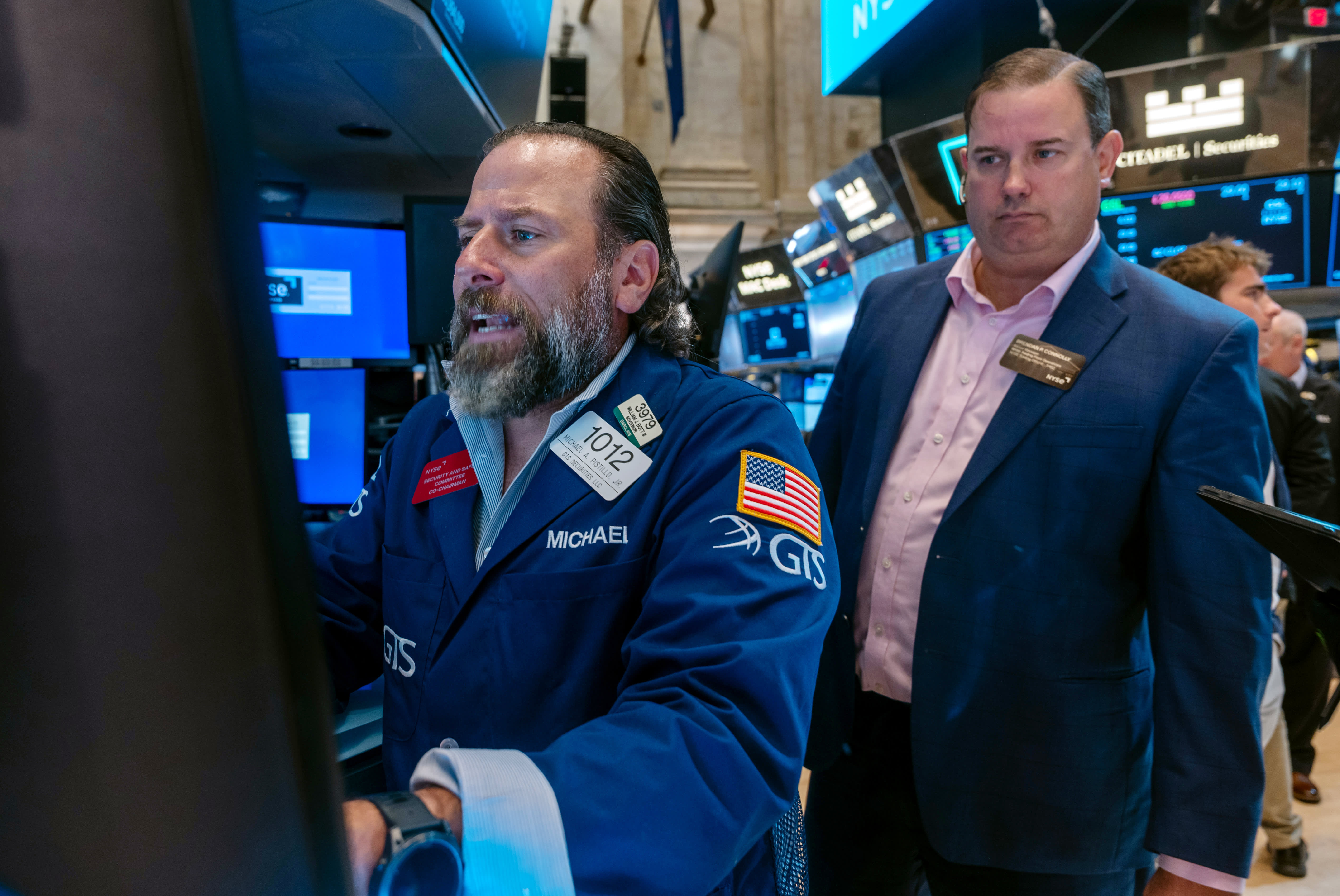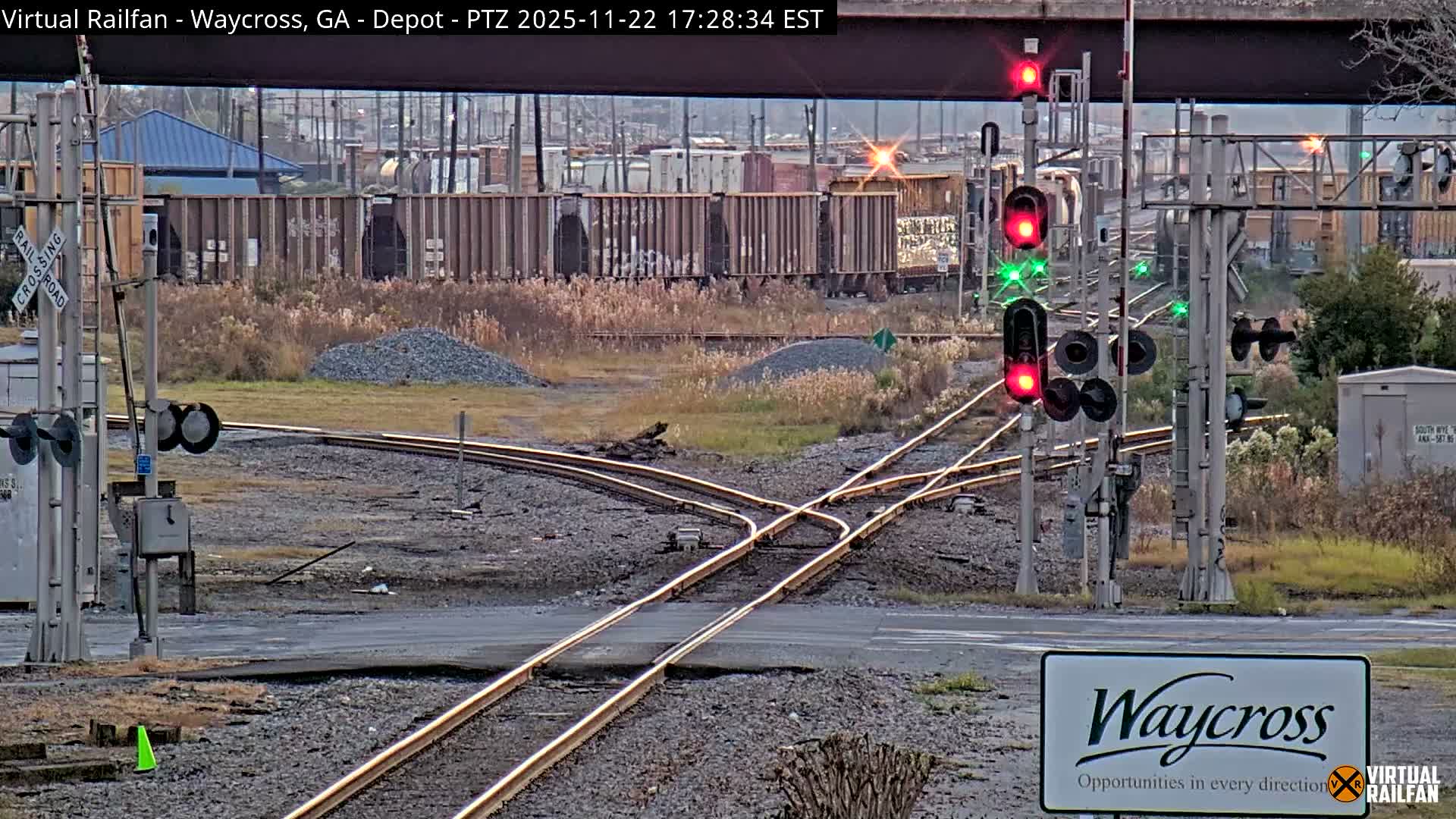Wall Street Less Anxious About Trump's Trade War Despite High Tariffs
 United States
Business and Finance
United States
Business and Finance

Wall Street's recession fears ease despite high tariffs, due to global growth and contained inflation impact. US-EU deal suggests lower tariff rates.
Wall Street Calmer on Trade War Fears
Despite continuing high tariffs, Wall Street's anxieties about a potential recession are subsiding. This is a notable shift from initial fears triggered by President Trump's trade announcements in April.
Factors Contributing to Optimism
Economists point to several factors contributing to this more optimistic outlook. These include strong global growth, a less-than-expected inflationary impact from the tariffs, and a general easing of financial conditions.
The U.S.-EU Trade Agreement
The recent U.S.-European Union trade deal suggests that the effective tariff rate will likely settle in the 15%-20% range. While significantly higher than the single-digit rates earlier in the year, this is still considerably lower than the potentially catastrophic 25% or higher that was feared.
Lingering Concerns and Future Outlook
While economists are more optimistic, risks remain. Unresolved trade negotiations with Japan and other major U.S. trading partners could still trigger further aggressive tariffs, potentially leading to a mild recession. Morgan Stanley strategists believe the most likely outcome is slow growth. The Federal Reserve will closely monitor the impact of tariffs on inflation as they consider future interest rate adjustments.
Citigroup economists suggest that if tariffs stabilize closer to 15%, markets and the Fed will become more confident that the impact on growth and inflation will be modest.





